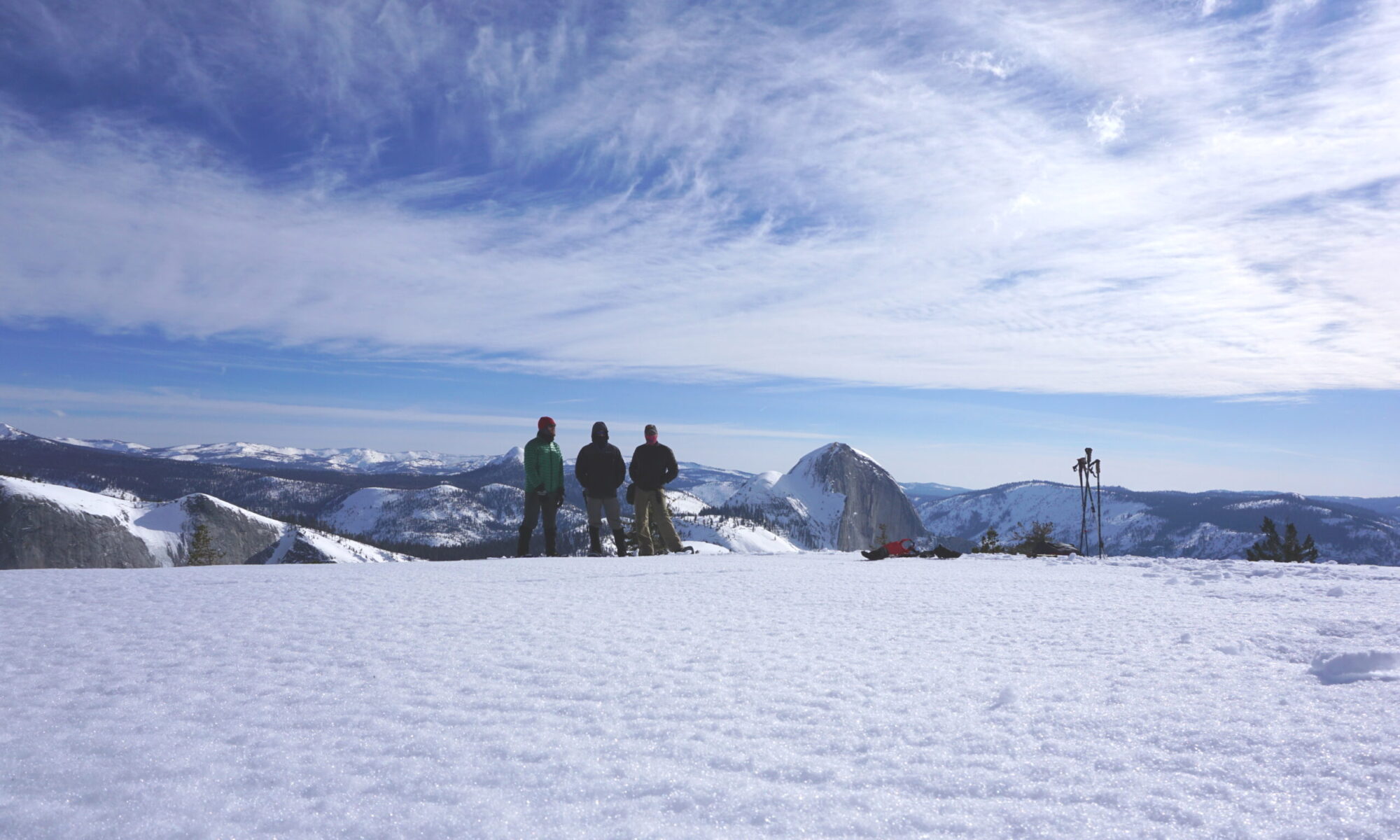At the end of May, Google searches for hiking and trails hit an all-time high across the country. Visitation to state parks is up in the United States over the first five months of the year compared to the same period last year — before peak summer travel season, and with capacity limits in place since May 1. Sales of outdoor gear including bikes, kayaks and tents are a bright spot in the economy, with some shops not being able to keep gear in stock to meet the demand.
It’s not hard to guess why the outdoors is suddenly so hot, figuratively speaking. With the coronavirus pandemic continuing to rage around the country and many of the summer’s traditional trappings like festivals canceled, the great outdoors remain open, for the most part. And since it’s generally easier to maintain social distance outside, parks are attracting more visitors than ever — including new ones.
For those new to the outdoors — or as a reminder for those who frequently enjoy these spaces— I want to go over something that we at AcadianX feel strongly about, that will help you to get outside in a way that protects yourself, others and the state’s natural resources. It is the principles of “Leave No Trace”.
Leave No Trace
Developed by the National Outdoor Leadership School, the principles of Leave No Trace are an extension of the National Park Service mission to preserve a vast system of resources “unimpaired for the enjoyment of future generations” that challenge individuals to become active stewards in its preservation. The Program builds awareness, appreciation, and respect for the land, and provides a foundation for applying minimum-impact techniques.
Plan Ahead and Prepare
-
-
- Know the regulations and restrictions for the area you visit.
- Prepare for extreme weather, hazards, and emergencies.
- Select terrain and mileage based on what your group can handle.
- Schedule your trip to avoid times of high use.
- As you look through the campsite list in this planner, please note the party size limit that pertains to each campsite. If your group size exceeds these limits, you will need to camp and cook as smaller groups in separate campsites with separate permits.
- Repackage food to minimize waste.
-
Travel and Camp on Durable Surfaces
-
-
- To prevent erosion, avoid shortcuts and switchbacks.
- Walk single file in the middle of the trail, even when wet or muddy.
- Camp in designated campsites.
- Protect riparian areas by camping at least 100 feet from lakes and streams.
- Keep campsites small. Focus activity in areas where vegetation is absent. Avoid leveling the tent site.
-
Dispose of Waste Properly
-
-
- Pack it in, pack it out. Inspect your campsite and rest areas for trash or spilled foods. Never bury it or dump it in pit toilets. Pack out all trash, leftover food, and litter.
- To wash yourself or your dishes, carry water 100 feet away from streams or lakes and use small amounts of biodegradable soap. Scatter strained dishwater.
- Deposit solid human waste in catholes dug 6 to 8 inches deep at least 100 feet from water, camp, and trails. Cover and disguise the cathole when finished.
- Pack out toilet paper and hygiene products.
-
Respect Wildlife
-
-
- Do not approach wildlife. All wild animals are potentially dangerous. Observe Wildlife from a distance. If your presence causes an animal to move away, you are too close.
- Never feed or harass animals. Feeding wildlife damages their health, alters natural behaviors, and exposes them to predators and other dangers.
- Protect wildlife and your food by storing rations and trash securely.
- Avoid wildlife during sensitive times: mating, nesting, raising young, or winter.
-
Minimize Campfire Impacts
-
-
- Campfires can cause lasting impacts to the backcountry. Use a lightweight stove for cooking and enjoy a candle lantern for light.
- Where fires are permitted, use established fire rings, fire pans, or mound fires. Campfires are only permitted in specified campsites in designated fire rings.
- Keep fires small. Burn only small diameter dead and down wood. Do not break, cut or saw branches from any standing tree (dead or alive).
- Burn all wood and coals to ash, put out campfires completely. Fires must be completely extinguished before you leave the site.
-
Leave What You Find
-
-
- Avoid introducing or transporting non-native species.
- Do not build structures, furniture, or dig trenches.
- Federal law prohibits: collecting antlers; removing any plant, animal, or mineral substance; and disturbing or removing archeological or historical items. Leave natural objects as you find them.
-
Be Considerate of Other Visitors
-
-
- Respect other visitors and protect the quality of their experience.
- Be courteous. Yield to other users on the trail.
- Step to the downhill side of the trail when encountering pack stock.
- Take breaks and camp away from trails and other visitors.
-
You can find out more about leave no trace at: www.lnt.org


